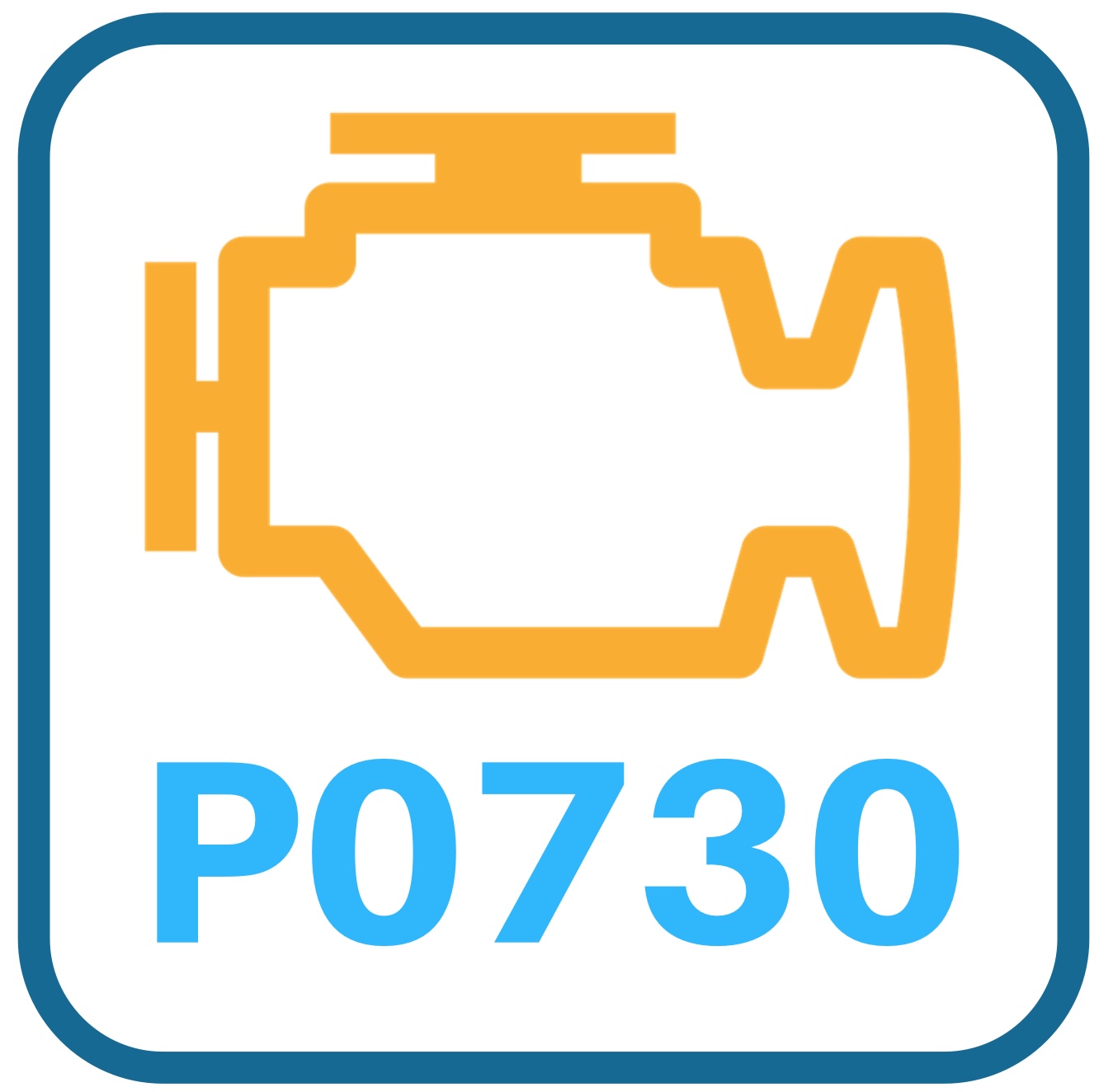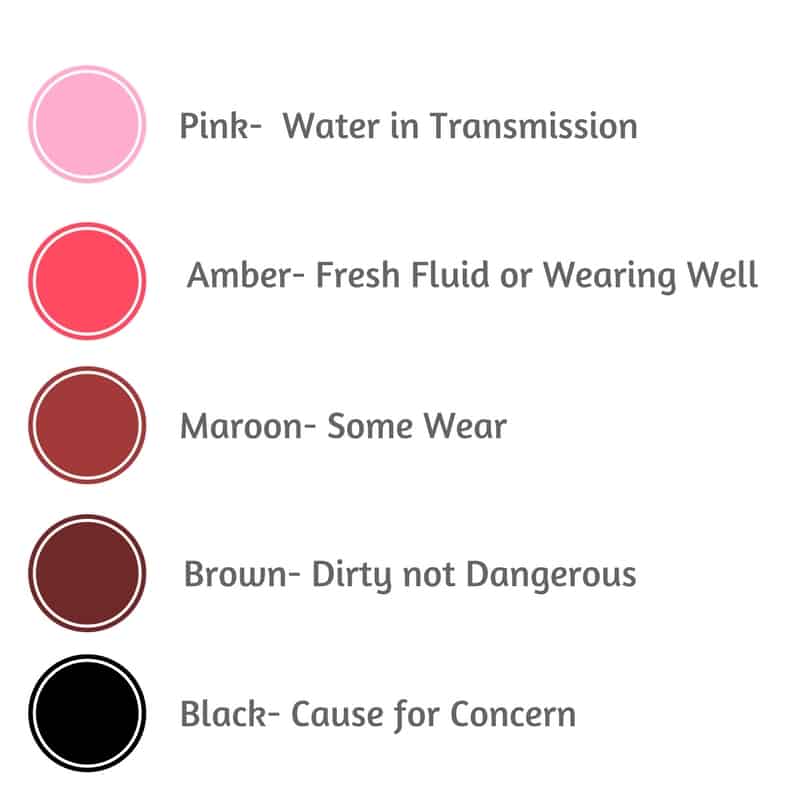
P0730 is a standard OBD2 trouble code. It indicates that your Ford Raptor’s PCM has detected an incorrect gear ratio.
While this code can appear if you changed your Raptor’s transmission or rear end gearing without re-flashing the computer, it almost always has nothing to do with an incorrect gear ratio.
An internal transmission problem almost always causes it. Although, P0730 will appear if the transmission fluid is low or dirty.
Before doing anything else, check your Raptor’s transmission fluid (on a level surface). If it’s low, top it off, and if it’s dirty, change it. That’s the most common fix for P0730.
P0730 Definition

Your Ford Raptor’s PCM measures the input shaft and output shaft speed and compares them with one another. If their rotational speeds are further apart than the computer allows, this will trigger P0730.
P0730 Symptoms: Ford Raptor
Here are the most common symptoms associated with P0730:
- Transmission Slippage: Your Taomca won’t accelerate, but RPM will increase without the corresponding increase in speed.
- Not Shifting Properly: It may not shift properly due to an internal transmission issue, or it could be in limp mode.
- Check Engine Light: Make sure to grab any other codes that appear and cross-reference them with P0730.
- Lower Fuel Mileage: If the transmission is not shifting smoothly and at the right time, it can decrease fuel mileage.
It is not very common for there not to be any noticeable symptoms at all with P0730.
Ford Raptor P0730 Causes

Here are the most common causes of P0730 and a proper order of diagnostic operations to check them in.
Check The Transmission Fluid
Check the transmission fluid before doing anything else. If your Raptor has low transmission fluid, fill it up and see if it starts shifting and driving as it should. Check the transmission fluid color as well. If the fluid is burnt, it won’t properly do its job as a hydraulic fluid.
Here’s a transmission fluid color chart to compare yours to:

If your transmission fluid color is anything past maroon and you have P0730, changing it may clear the code.
A dirty transmission fluid filter can keep pressure from properly building, which can cause slipping and throw the code.
Listen When You Drive
Drive your Raptor at highway speed, pay attention to the engine RPM. The RPM should be steady in a traditional automatic transmission if you aren’t increasing the throttle load.
If the rpm increases at the slightest bit of extra throttle (but only a few hundred revolutions), that could indicate a bad torque converter clutch. This condition usually triggers P0740. If you have P0740, fixing the cause of this code should clear P0730 along with it. If it increases more than that, it’s likely an internal transmission issue.
If the RPM is bouncing around or increasing way more than vehicle speed, that would indicate slipping, and you’ll need to take it to a transmission shop. But before you do, check the wiring from the transmission to the TCM for damage that could be causing P0730.
Check the Wiring
Check the wiring between your Raptor’s transmission control module and the transmission for damage. Look for corroded or short wiring. Sometimes road debris can cause damage to the harness.
Internal Transmission Issues
While repairing internal transmission issues is best left to repair professionals, here are the most likely internal transmission issues that can cause P0730:
- Worn Pump
- Torque converter clutch or clutch solenoid failure
- Clogged transmission control
- Bad shift solenoid or shift solenoid wiring
- Bad TCM
Conclusion
While many potential issues can cause P0730 in the Ford Raptor, the most common fix is addressing the transmission fluid.
